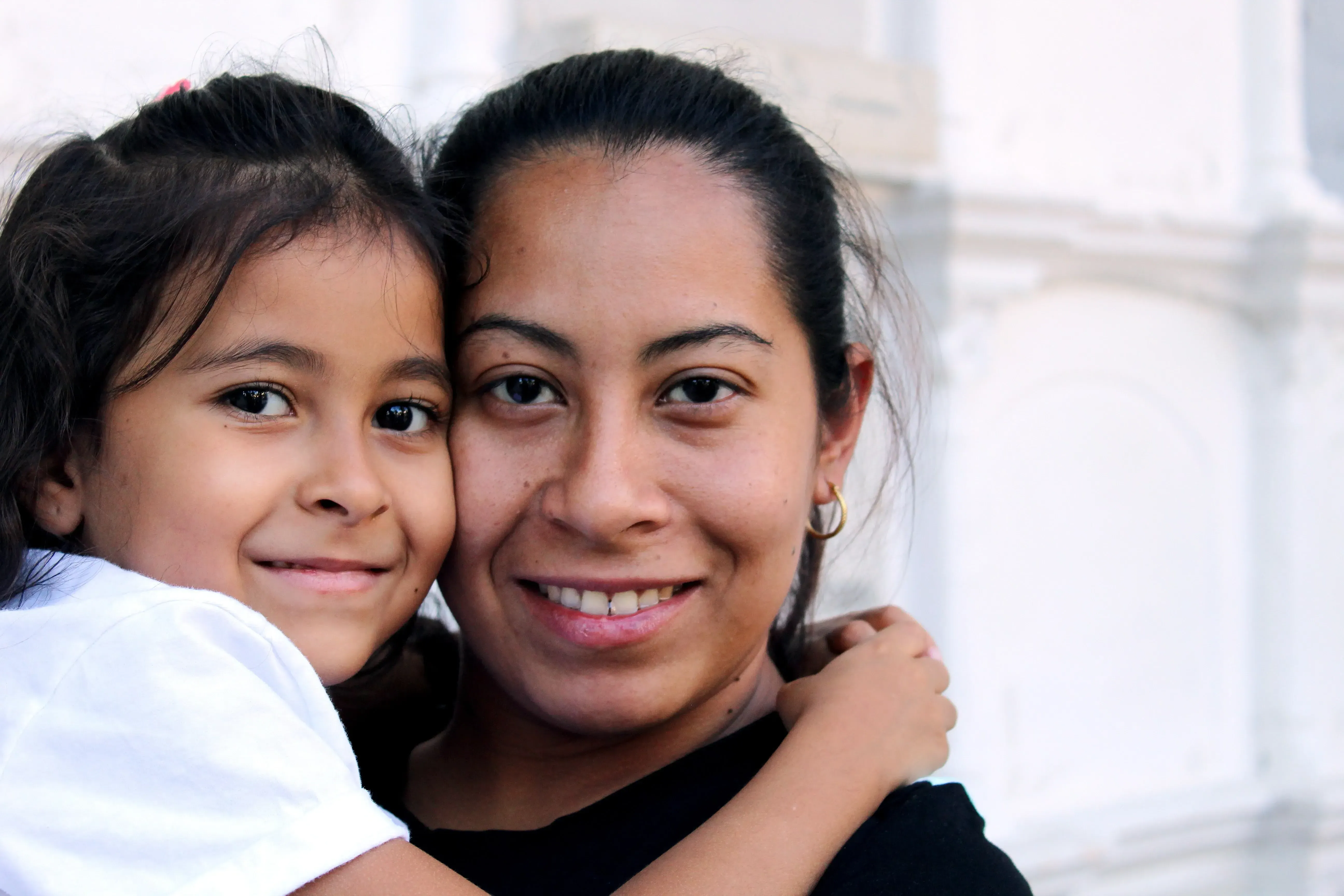Discriminatory changes to the Department of 首页l和 安全’s regulations about the U.S. 移民程序于上周一生效, 发出阵阵恐惧, 以及对健康的负面影响, across communities of color 和 immigrants living on low income.
十大菠菜靠谱老平台 strongly opposes this new rule, 通常被称为“公共负担”,,因为它直接与 我们的基石是创造健康公平. These policy changes roll back progress Colorado has made to bring health in reach for historically marginalized 和 underserved people.
这就是系统性压迫的样子
While the public charge test has been around a long time to estimate an immigrant’s need for public assistance, the federal government’s latest changes significantly broaden the factors officials can use to determine if an immigrant seeking permanent residency or visa admission into the U.S. 会受到欢迎还是被拒之门外.
The rule pushes health further out of reach for people who have historically had less power or privilege by giving preferential treatment to individuals 和 families who have wealth while creating oppressive barriers for those who don’t. This “wealth test” denies green cards to anyone who needs to access, 或者可能需要访问, programs that are critical to health – such as Medicaid, the Supplemental Nutrition Assistance Program (SNAP) 和 housing vouchers.
简单地说, the rule forces individuals 和 families to make a decision no one should ever have make: to access services crucial to their ability to thrive 和 risk deportation or denial of entry into this country, or to prioritize their safety 和 status in this country over services they need to live healthy lives.
恐惧加剧危害健康
The harmful ripple effects of this rule reach beyond individuals seeking legal status. While the rule revisions only directly impact some immigrants to the U.S., 它的偏见做法已经造成了痛苦, confusion 和 fear among the broader immigrant community.
We are concerned with the repercussions the rule is already having on the health of Coloradans. We’ve heard from our partners across Colorado that a “chilling effect” (suppression of exercising of rights due to fear of legal consequences) is already evident. 错误信息像野火一样蔓延, fueling fear-based decisions that jeopardize people’s ability to access nutritious food, 负担得起的医疗保健和稳定的住房.
Medicaid disenrollment figures in our state are three times the national average, 和combined enrollment in Medicaid 和 the Children’s Health Insurance Program (CHIP) declined by nearly four times the national average between March 2017 和 March 2019. Federally Qualified Health Centers 和 other safety net healthcare providers have had a sharp uptick in missed appointments. An analysis by the Colorado Health Institute estimates that 75,000 Coloradans, the majority of whom are citizens, will drop their health insurance coverage to become less visible in a hostile immigration environment, 或者因为害怕最终会失去它.
The rule also puts families that include both citizens 和 non-citizens in a precarious situation. U.S. citizen children whose parents don’t have permanent legal status are particularly vulnerable as their parents grapple with the impossible decision, 例如, 参加食品援助计划, even if this could trigger deportation 和 separation from their children.
我们现在能做什么? 服务提供者和倡导者的资源
与 关注移民和难民的资助者, 科罗拉多信托 和 others, we’ve used our voice to oppose these rule changes since first proposed several years ago.
Advocates are working tirelessly to equip immigrant families 和communities with the facts in an effort to slow the “chilling effect” 和 keep families enrolled in public assistance programs that support health. Here are a few resources for service providers, assisters 和 advocates:
- Basic facts about public charge rule 和 who is not impacted (英语/西班牙语),科罗拉多法律中心 & 政策
- 桌子上指导 和 其他移民资源 for service providers 和 front-line eligibility staff, State of Colorado
- “倡导者需要知道什么”的简报 和c面向社区的“了解你的权利”材料 for individuals 和 families (English/Spanish), Protecting Immigrant Families Campaign
- 利益对比图 detailing what counts 和 what doesn’t count toward public charge, Wynne Health Group
- Fact sheets (English/Spanish), communications toolkits, webinars, a training request form 和 更多的移民健康联盟
- 公共收费红绿灯摘要 of food assistance programs serving immigrants of all statuses, 和 a 双语食物资源热线科罗拉多州无饥饿组织
Interested in exploring solutions to bring health in reach for immigrant communities? We invite you to listen 和 learn alongside us at this year’s Colorado Health Symposium: Bridging Ethnicity, Cultural Identity 和 Health (7月29-31), where we’ll hear from the experts – individuals who live 和 work within Colorado’s immigrant, refugee 和 Native communities – about their lived experience 和 how policy changes like public charge are impacting their pursuit of health.

